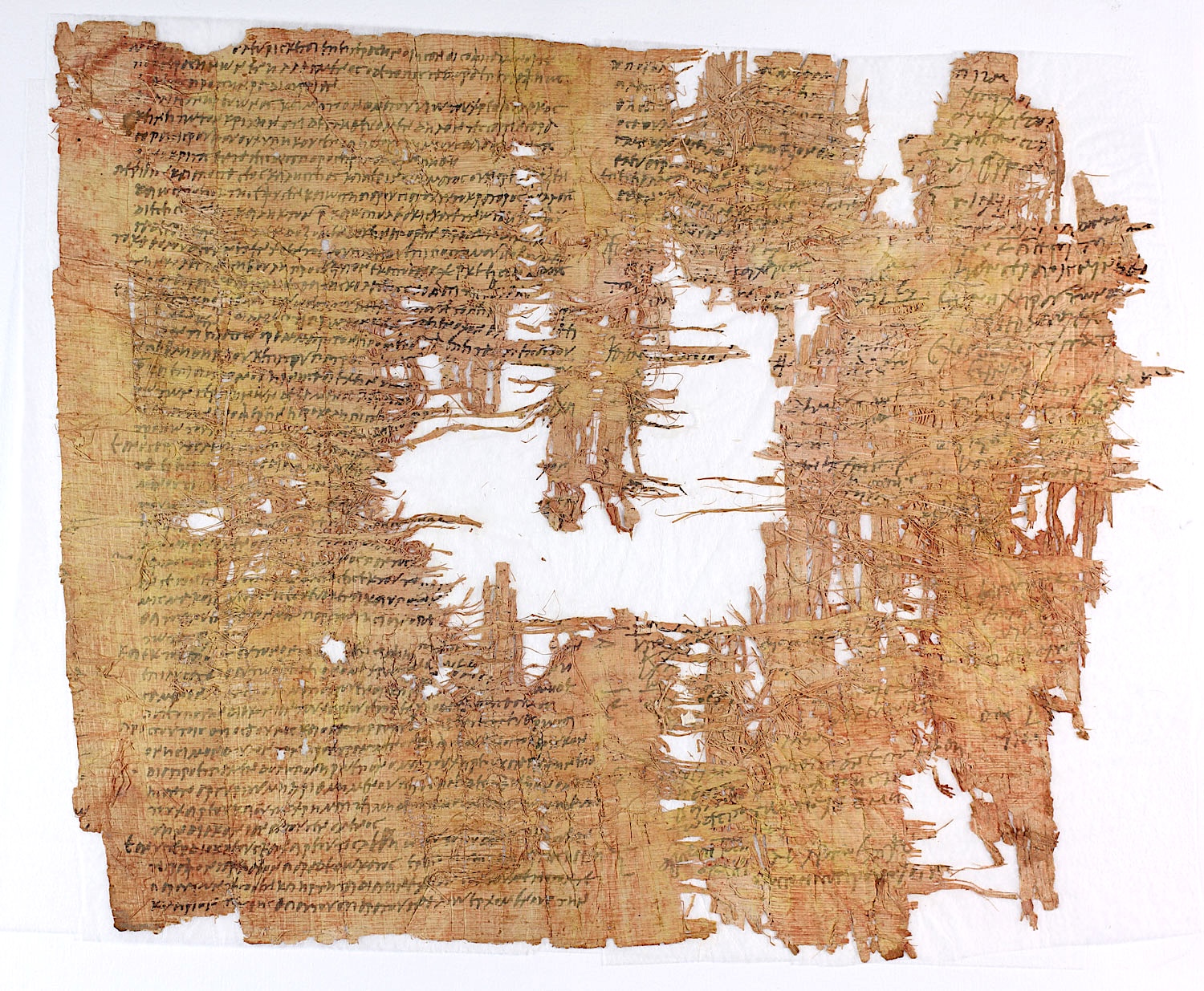
It was certainly not a coincidence that the New York Occasions published its story on the trial of a certain Gadalias and Saulos this previous Monday, April 14th. The defendants, as their names suggest, didn’t reside in modernity: the papyrus documenting their authorized troubles dates to the reign of Hadrian, round 130 AD. These males had been charged, writes the Occasions’ Franz Lidz, with “the falsification of documents and the illicit sale and manumission, or freeing, of slaves — all to keep away from paying duties within the far-flung Roman provinces of Judea and Arabia, a area toughly corresponding to present-day Israel and Jordan.”
In other phrases, Gadalias and Saulos had been accused of tax evasion, a subject all the time on the thoughts of Americans beneath the shadow of their tax-return due date, April fifteenth. Whereas the prospect of an IRS audit retains various of them awake at evening, historical Roman regulation went, predictably, fairly a bit harsher.
“Penalties ranged from heavy fines and permanent exile to exhausting labor within the salt mines and, within the worst case, damnatio advert bestias, a public execution by which the condemned had been devoured by wild animals,” writes Lidz. Such a destiny presumably wouldn’t have been out of the question for these convicted of a criminal offense of those professionalportions.
The long-misclassified document of this case was solely properly deciphered, and even beneathstood to have been written in historical Greek, after its rediscovery in 2014. “A crew of scholars was assembled to conduct an in depth physical examinationination and cross-reference names and locations with other historical sources,” which consequenceed in this paper published this previous January. For any scholar of Roman regulation, such an opportunity to get into the minds of each that civilization’s judges and its criminals may exhaustingly be handed up. Even out on the sting of the empire, professionalsecutors end up to have employed “deft rhetorical strategies worthy of Cicero and Quintilian and disperformed an excellent command of Roman authorized phrases and concepts in Greek.” This can little question get at present’s regulation students speculating: specifically, concerning the existence of an historical ChatGPT.
by way of NYTimes
Related content:
Donald Duck Desires You to Pay Your Taxes (1943)
Primarily based in Seoul, Colin Marshall writes and broadcasts on cities, language, and culture. His initiatives embrace the Substack newsletter Books on Cities and the guide The Statemuch less Metropolis: a Stroll via Twenty first-Century Los Angeles. Follow him on the social internetwork formerly generally known as Twitter at @colinmarshall.

